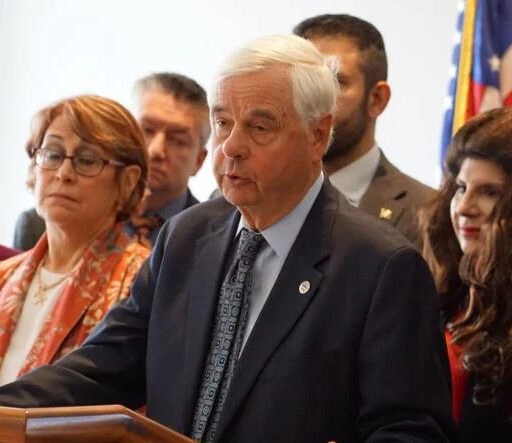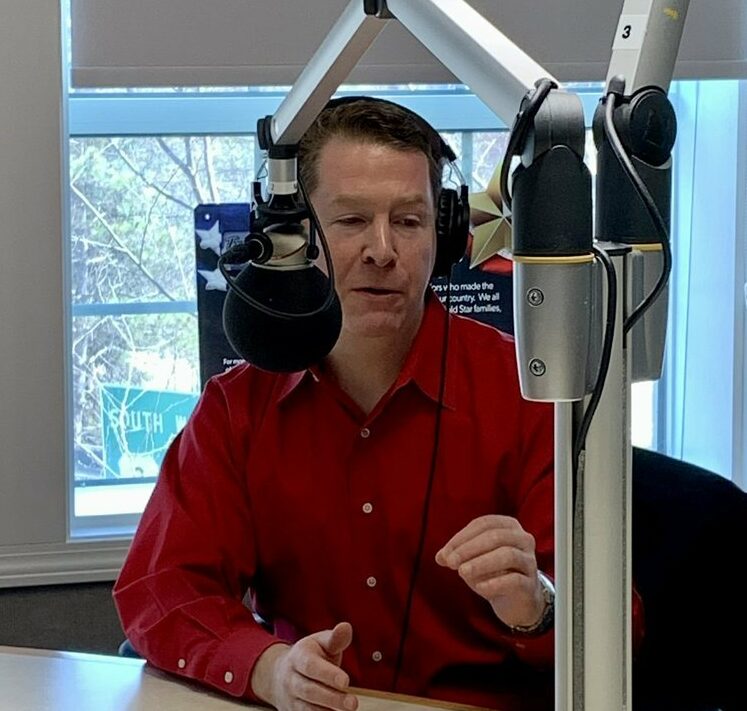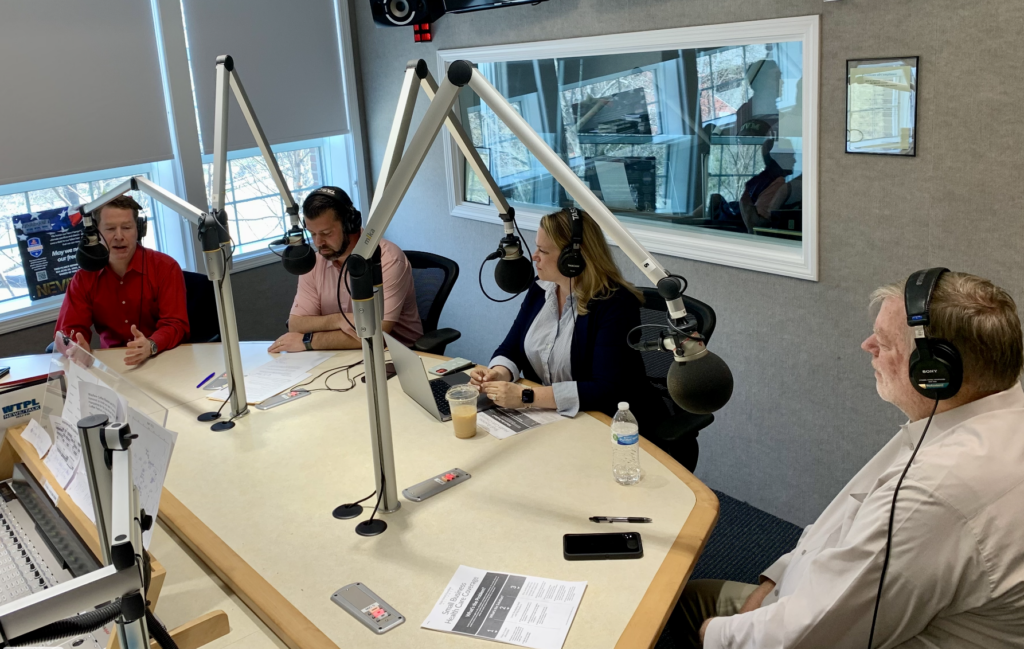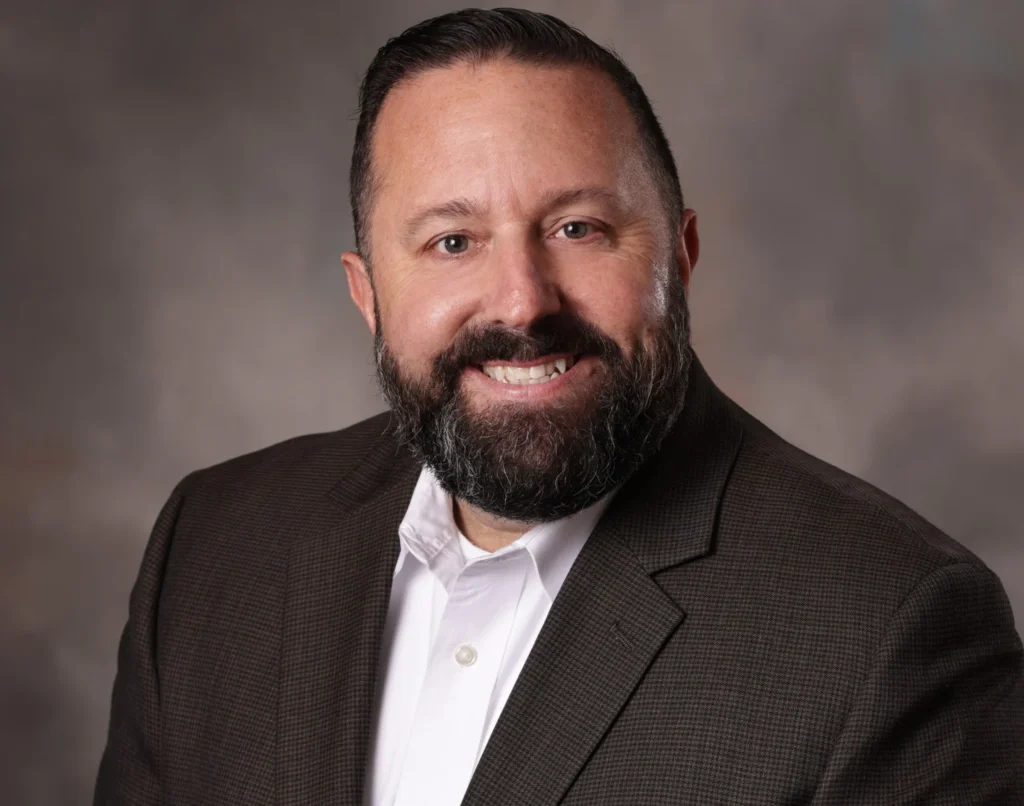Senate Pushed Seven-Year Sunset for Medicaid Expansion

In an attempt to reach a compromise with reluctant House Republicans, the Senate Finance Committee Tuesday added a seven-year sunset clause to the proposed reauthorization of Medicaid Expansion.
“From where I sit, seven years is pretty darn good,” said Senate President Jeb Bradley (R-Wolfeboro).
The committee added the seven-year sunset as it moved SB263 to become part of the biennial budget and a major part of the GOP majority’s Family First platform.
“We have allocated resources to support key areas such as education, our economy, health care, infrastructure, and public safety, all while delivering more financial support to our communities. Further, the Senate Finance Committee accomplished all this while reducing spending by three-quarters of a billion dollars less than the budget was brought to us,” Bradley said.
The budget includes $169 million for education, $30 million for the Housing Champions program, an additional $10 million for local homelessness programs, and a $134 million increase to the Medicaid reimbursement rate. Senate Finance Chair Sen. James Gray (R-Rochester) said that was all being done without adding to the tax burden.
“Throughout the budget process, we have remained mindful of the diverse needs of our state, listening to the concerns of our constituents and working diligently to address them. This budget reflects our efforts to serve New Hampshire families without harming the financial stability of our Granite State,” Gray said.
Bradley is the main GOP driver behind SB263, the bill to continue New Hampshire’s Granite Advantage Medicaid program. It provides medical insurance for about 60,000 low-income residents and is scheduled to end next year without another reauthorization.
The bipartisan bill, already passed by the Senate, would have created a permanent Medicaid program as part of the Affordable Care Act. Though it is supported by New Hampshire’s medical and business communities, the bill ran into opposition from the slim GOP majority in the House.
House leadership under Speaker Sherman Packard (R-Londonderry) tried to limit the expansion to five or six years when SB263 went to the chamber earlier this month.
With the measure now heading to the House Finance Committee later this week, pressure was on to reach a compromise that could get to Gov. Chris Sununu’s desk. Sen. Cindy Rosenwald (D-Nashua) agreed to Bradley’s amendment limiting the expansion to seven years, saying it could always be changed next year.
“If the House retains the bill, we can override the seven-year sunset next year,” Rosenwald said.
Bradley said the seven-year extension allows the state to seek the best deal with managed care companies to administer the insurance. Any shorter time frame could add about 10 to 15 percent to the costs, he said. The bill also includes a clause to revive a commission that will investigate the future of the expanded Medicaid program.
“The seven-year sunset, I believe, is an acceptable compromise,” Bradley said.
Sen. Regina Birdsell (R-Hampstead) said the budget protects families while strengthening the state’s economy.
“By extending our innovative Granite Advantage Health Care Program for seven years and increasing Medicaid reimbursement rates by $134 million, this budget will not only safeguard the health and well-being of New Hampshire’s most vulnerable populations but also provide financial stability to our state’s health care sector,” Birdsell said.
Steve Ahnen, president of the New Hampshire Hospital Association, praised the compromise.
“We are pleased with the agreement on reauthorization of Medicaid expansion for the next seven years as part of the state budget for fiscal years 2024 and 2025 currently in Senate Finance,” Ahnen said. “This agreement will provide much-needed stability for the program that will serve our patients, providers, and the state well. The Granite Advantage Health Care Program has successfully helped to ensure our patients are able to receive the right care, at the right time, in the right place, and this compromise agreement will continue to help people access the care they need, when and where they need it. We appreciate the bipartisan leadership in both the Senate and House in reaching this important compromise.”
Under the Affordable Care Act, 90 percent of Granite Advantage is paid for by the federal government, with the remaining 10 percent getting funded by an insurance premium tax and other sources. In 2022, Granite Advantage cost a total of $558 million, but the federal government covered $502 million.
Expanding Medicaid to low-income residents has created savings for hospitals and led to more people being healthier and able to enter the workforce. It is also driving the costs of private insurance down by cutting the amount of money hospitals lose providing uncompensated care.
According to the New Hampshire Hospital Association, Granite Advantage has led to a 63 percent decrease in the number of uninsured people going to emergency rooms. There has also been a 57 percent drop in uninsured people being admitted to hospitals and another 41 percent reduction in the number of outpatient visits by uninsured people.
In 2014, hospitals reported $174 million in uncompensated care costs before Granite Advantage went into effect. In 2021, that figure dropped to $69 million, according to the NHHA.
Granite Advantage has also helped close to 30,000 people have been able to access mental health care. Another 9,000 have been able to seek treatment for substance use disorders.















